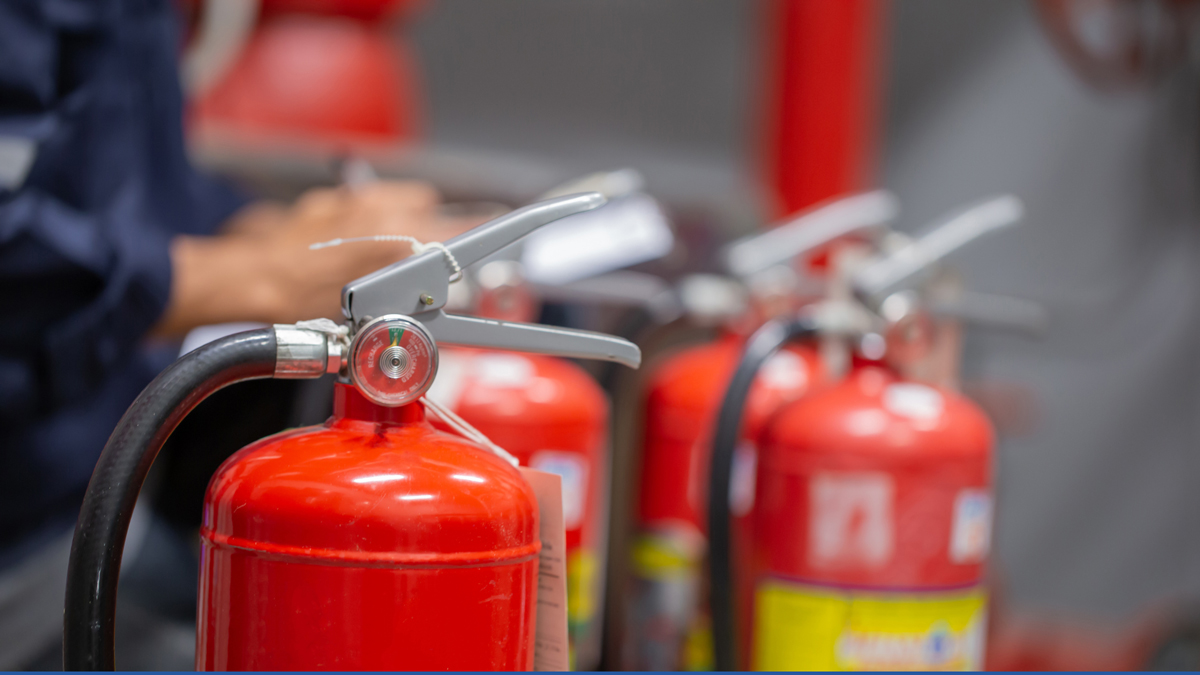The Grenfell Tower fire, a catastrophic event that occurred in London in June 2017, stands as a stark reminder of the crucial importance of adhering to stringent building codes, especially in terms of fire prevention and safety.
This tragedy, which claimed 72 lives, was not just a wake-up call for the United Kingdom, but for the global community of building inspectors and contractors. It highlights the dire consequences of neglecting fire safety measures in building construction and maintenance.
The Role of Building Codes in Fire Prevention
Building codes are a set of standards and guidelines designed to ensure the safety, health, and welfare of the occupants of buildings. These codes address various aspects of construction, including structural integrity, fire prevention, electrical safety, and accessibility.
In the context of fire safety, building codes typically cover:
- Materials and Construction Methods: The choice of materials and construction methods can significantly influence a building’s fire resistance. Non-combustible materials and fire-resistant construction techniques can prevent or slow the spread of fire, providing crucial time for evacuation.
- Fire Detection and Suppression Systems: Modern building codes mandate the installation of fire detection and suppression systems, such as smoke alarms and sprinklers. These systems play a pivotal role in early fire detection and in controlling fires before they escalate.
- Egress and Access: Building codes also regulate the design of egress routes, like stairways and exits, ensuring they are adequate for safe evacuation during emergencies. Additionally, they ensure that buildings are accessible for firefighting efforts.
Grenfell Tower: A Case Study in Building Code Failure
The Grenfell Tower fire was largely attributed to the building’s cladding system, which failed to comply with fire safety standards. The use of combustible materials in the cladding significantly contributed to the rapid spread of the fire. This tragedy underscores the importance of compliance with building codes and the need for regular inspections to ensure ongoing adherence.
Lessons Learned and the Path Forward
The Grenfell Tower disaster teaches several key lessons:
- Vigilance in Compliance: Building inspectors and contractors must be vigilant in ensuring that all aspects of construction comply with the latest building codes. This includes using approved materials and adhering to prescribed construction practices.
- Regular Inspections and Maintenance: Regular inspections are critical to identify and rectify any deviations or degradation in building safety standards over time.
- Updating Codes and Continuing Education: Building codes should be regularly updated to incorporate the latest safety technologies and learnings from past incidents. Professionals in the field must stay informed through continuing education.
Gold Coast Schools: Empowering Professionals with Knowledge
In light of the lessons learned from tragedies like Grenfell Tower, Gold Coast Schools offers comprehensive continuing education courses for building inspectors and contractors across the State of Florida. These courses include our case study series “Why Buildings Fail”, which provide analysis and insights into the critical importance of building codes in ensuring fire safety.
By participating in these live courses, professionals can stay abreast of the latest standards and practices, thereby contributing to the prevention of future disasters.
Conclusion
The Grenfell Tower fire serves as a somber reminder of the consequences of neglecting fire safety in building design and maintenance. It reinforces the need for development of effective codes and adherence to these provisions combined with continuous education for construction and inspection professionals.
As building inspectors and contractors, it is our collective responsibility to ensure the safety and well-being of building occupants by upholding these standards. Gold Coast Schools stands ready to assist in this vital mission, offering the knowledge and tools needed to prevent such tragedies in the future.
To discover the courses offered at Gold Coast, as well as the dates and locations for our Live Continuing Education classes, visit us at www.GoldCoastSchools.com or call 1-800-732-9140. We look forward to seeing you in a class very soon!
** Chris Clausing is the Program Director for Gold Coast School of Construction and Curriculum and Program Innovation for Colibri Group’s Construction Education Ecosystem. Chris is a Certified General Contractor (CGC1515171) in the State of Florida with over 20 years’ experience in the Construction and Inspection industries. Chris also sits as a Consensus Committee Member for the IECC helping shape the energy codes of the future as well as a LEED GA and Member of the ICC Sustainability Membership Council. If you have any questions, please reach out to Chris directly at contractor@goldcoastschools.com.

